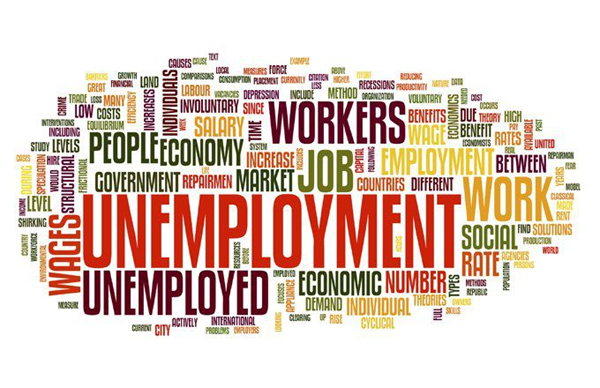 Mrs Harriet Thompson, British Deputy High Commissioner in Nigeria, says the UK government will continue to provide technical assistance to the Presidential Enabling Business Environment Council (PEBEC) in Nigeria.
Mrs Harriet Thompson, British Deputy High Commissioner in Nigeria, says the UK government will continue to provide technical assistance to the Presidential Enabling Business Environment Council (PEBEC) in Nigeria.
The British envoy said this during a Webinar organised by the Nigerian-British Chambers of Commerce.
The theme of the Webinar was: ‘Nigerian- British Bilateral Relationship Post COVID-19.”
She noted that UK was excited to see a set of very strong commitment from the Nigerian government through its letter of intent to the International Monetary Fund (IMF).
She said the letter of intent revolved round removing fuel subsidy, taxing Forex regime and the power sector.
“The implementation of these reforms will help mitigate the impact of Coronavirus on the economy and enable a recovery that provides diversified and sustainable economy that is good for both British and Nigerian businesses.
“At this moment, the UK is highly active in supporting Nigeria to see through the reforms and that is why we will continue to provide technical assistance to PEBEC and the Nigerian Investment Promotion Council (NIPC) and other key sectors in Nigeria.
“We have rolled out various programmes that support infrastructure, agriculture, market scale and the technology sector,” she said.
Talking on technology, Thompson said that it was a big focus of the Africa Investment Summit and hugely important in Nigeria where the sector was three times faster than the rest of the economy.
She, however, noted that the growth of the sector had been slowed down due to the Coronavirus pandemic.
“The fact is that we need technology now more than ever, during this period and that is why we have rolled out programmes in the tech sector in spite of the current circumstances.
“We are trying to understand how we can support innovation and local production on TV that we need to fight Coronavirus.
“Also, we want to assist the technology sector in Nigeria to understand how we can support digital health care and those Nigerian companies in that sphere to do more,” she said.
Speaking on how Coronavirus had changed the economic outlook, Thompson said it had affected prospects for British businesses as well as the ones in Nigeria and any other.
She said to address the issues, they had been having quarterly meetings with the Minister of Industry, Trade and Investment, Adeniyi Adebayo and top executives of the biggest British companies here in Nigeria.
Thompson said the essence of the meeting was to give them an opportunity of some of the key issues that were affecting them and to hear the ministers views on how they could be addressed.
“The meeting gives an insight into the constraints of government and the way they can begin to work together to come up with solutions,” she said.
Also speaking, Mr Bimbo Olashore, Vice President, Nigerian-British Chambers of Commerce (NBCC), said that for the Nigerian environment in particular, COVID-19 had brought about challenges in the areas of infrastructure and businesses, among others.
Olashore, however, said that a number of the challenges were being addressed, noting that Nigeria was already moving in the right direction in the scale of doing business.
“Clearly there are one or two things that have made the cost of doing business easier, this includes the harmonisation of the exchange rate, also some investment have been going on that has made the business environment more competitive over the past few months.
READ ALSO: Edo APC Leaders vow to replace Obaseki during Primaries
“Also, we have been talking about budgetary allocation to the health sector and now COVID-19 has made it expedient for us to do more,” Olashore said.
He, however, said that more work needed to be done in the area of the cost of governance, noting that the government had been doing its best in that regard.
Olashore said that Nigeria needed to keep investing in infrastructure and also ensure that the cost of governance came down.
“We need to ensure that the Nigerian environment becomes more competitive and also build on the reforms that we have started.
“Nigeria also needs to seriously look into diversification,” Olashore said.

